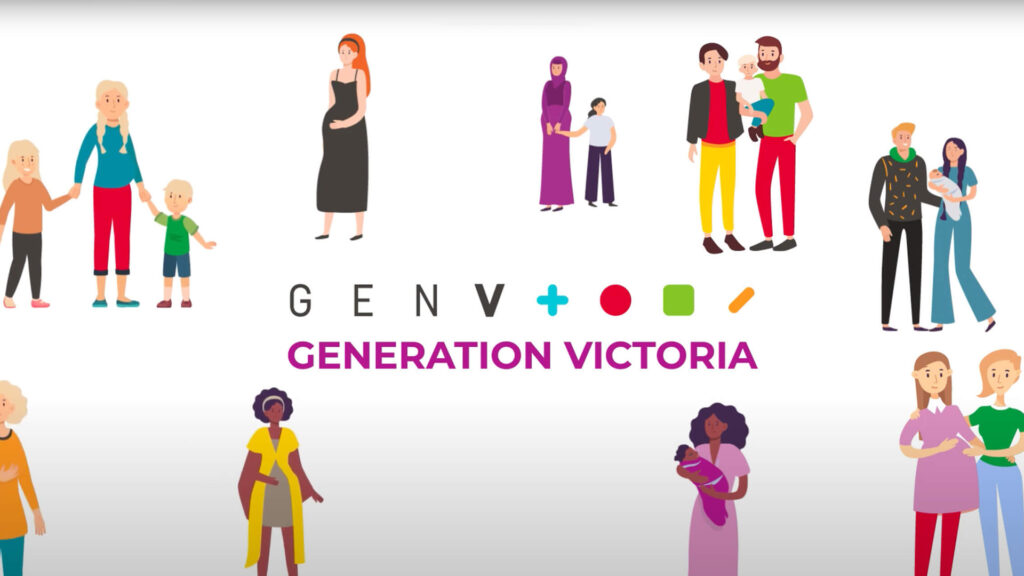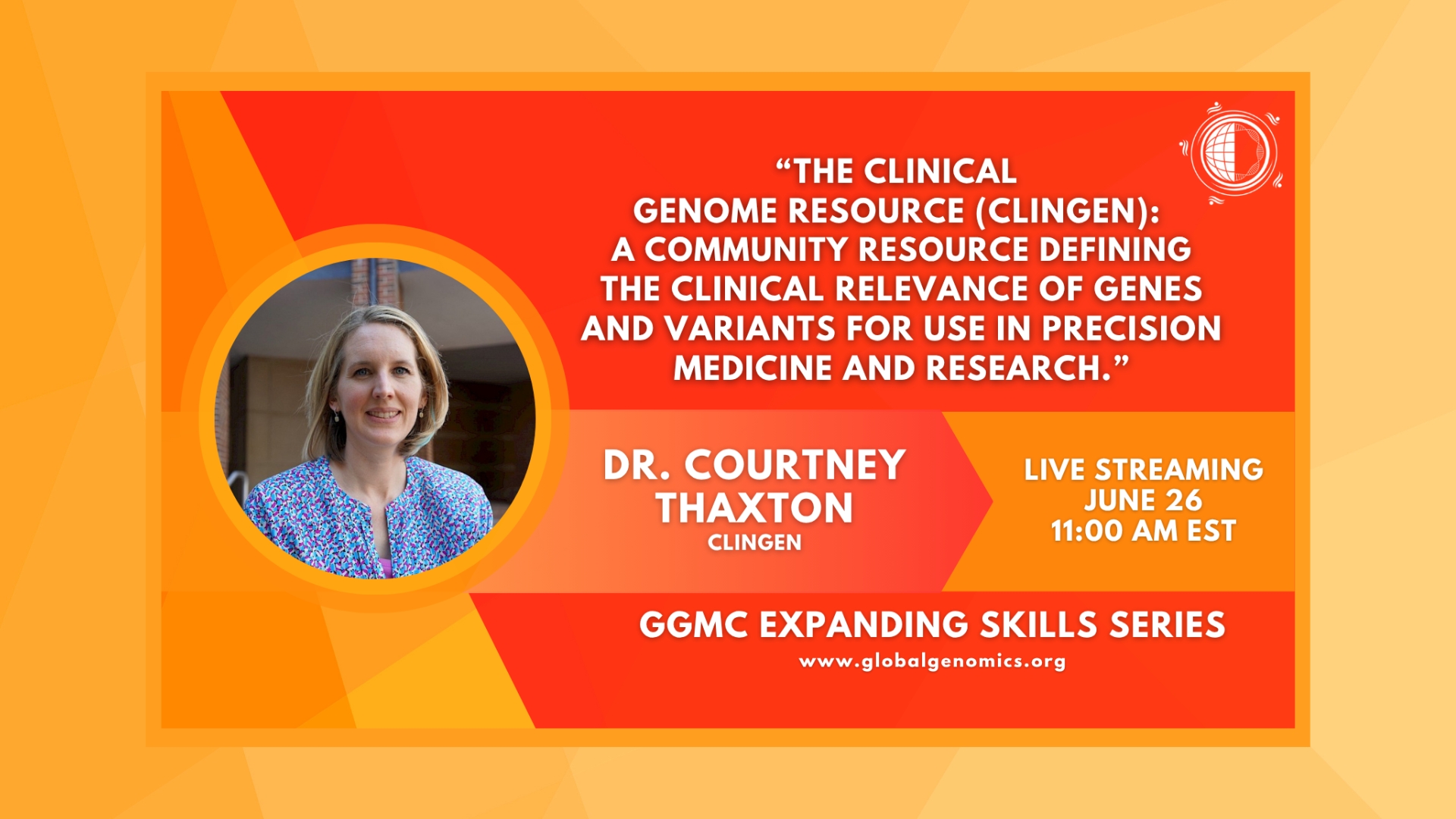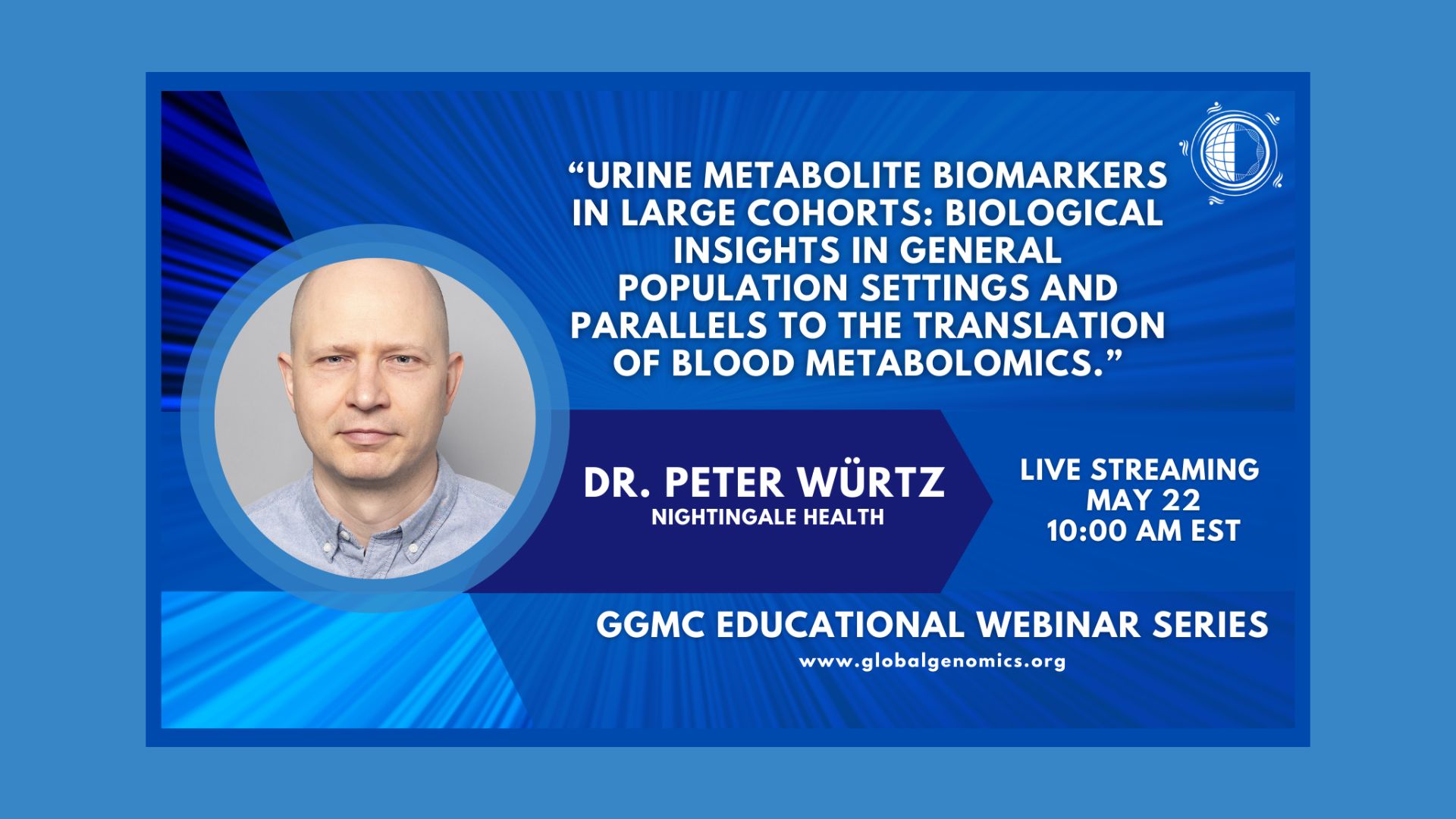IHCC Cohort Spotlight: Generation Victoria (GenV)

PIs: Prof Melissa Wake MBChB MD, Prof Richard Saffery PhD, Prof Sharon Goldfeld MBBS PhD
Modern ‘mega’ cohorts, such UK Biobank, are transforming how policy and practice questions are addressed for older adults. The new Generation Victoria (GenV) Cohort 2020s is aiming to achieve this for the beginning of life and of midlife. Drawing important lessons from other recent initiatives, both successful and less so, we have set out to design a cohort that changes how we conduct lifecourse research and thence to make fundamental contributions to better lifecourse trajectories for individuals, diverse groups and populations. We are pleased to be an ‘emerging cohort’ within the IHCC.
GenV’s primary objective is to create large, parallel whole-of-state birth and parent cohorts, capable of supporting a very wide range of discovery and interventional research into common and uncommon issues and spanning wellness through illness. We hope it will enable researchers and partners to (1) make discoveries, (2) develop precise risk prediction, (3) test new approaches to prevention and treatment, and (4) improve equity of services.
GenV’s sampling frame is the state of Victoria (population 6.7 million), Australia, targeting all the expected 150,000 newborns and their parents over two full years. It comprises (1) consent soon after birth, (2) a population-based biorepository of repurposed antenatal and GenV-collected postnatal biosamples, (3) plans to link to antenatal and postnatal curated administrative and unstructured datasets including service, clinical, educational, social and geospatial, (4) GenV-collected data and (5) a data and IT platform oriented to Open Science (eg designed according to FAIR principles). During GenV’s planning process, we have also designed (6) a novel capacity to support wide-ranging integrated research including trials and interventions, registries, depth subcohorts, and geospatial research.
Operational planning commenced in late 2017. In successful Vanguard and Scale-up cohorts (December 2020-October 2021) we refined our processes and recruited over 5000 babies and their parents. The full GenV Cohort 2020s commenced on October 4 2021 – we are now approaching the parents of every baby born in all 60 Victorian birthing hospitals over the next two years. The final uptake is yet to be known.
Because it targets an entire population, GenV covers all service sectors, geographies, morbidities and socioeconomic and demographic groups. By virtue of GenV’s size and its inclusion principles, it should include large numbers of diverse (including Indigenous) ethnicities, uncommon conditions, and those with social or health vulnerabilities who are often marginalised – but have much to gain – from research.
GenV is also poised for unique COVID-19 insights. It will be the largest cell-to-society cohorts of babies and parents recruited across the pandemic and its aftermath. COVID’s devastating and prolonged natural experiment operates at multiple levels – biologic, individual, societal, environmental, global. GenV will be able to study the impacts of timing, nature, duration and combination of COVID’s rapidly-evolving changes on life trajectories from preconception onwards.
We are developing GenV as an Open Science platform. We regularly publish our concepts and methods as we go.1,2,3 Collaborative partnerships are developing to generate a range of data from the entire cohort, and for these data to then be available to researchers across the world under appropriate privacy protection. As such, GenV fits well with IHCC’s aspirations and we look forward to working with its members.
References
- GenV’s peer-reviewed papers: https://genv.org.au/for-researchers/published-papers/
- GenV’s working papers: https://genv.org.au/for-researchers/working-papers/
- GenV’s figshare project: https://mcri.figshare.com/projects/Generation_Victoria/35822
Acknowledgment
GenV is led from the Murdoch Children’s Research Institute with multiple collaborations and partners. It is funded by the Victorian Government, the Paul Ramsay Foundation, the Royal Children’s Hospital Foundation, and the Australian National Health & Medical Research Council.
Prof Melissa Wake, MBChB MD
Scientific Director, Generation Victoria
Murdoch Children’s Research Institute and University of Melbourne
The Royal Children’s Hospital, 50 Flemington Road
Parkville, Victoria 3052 Australia





